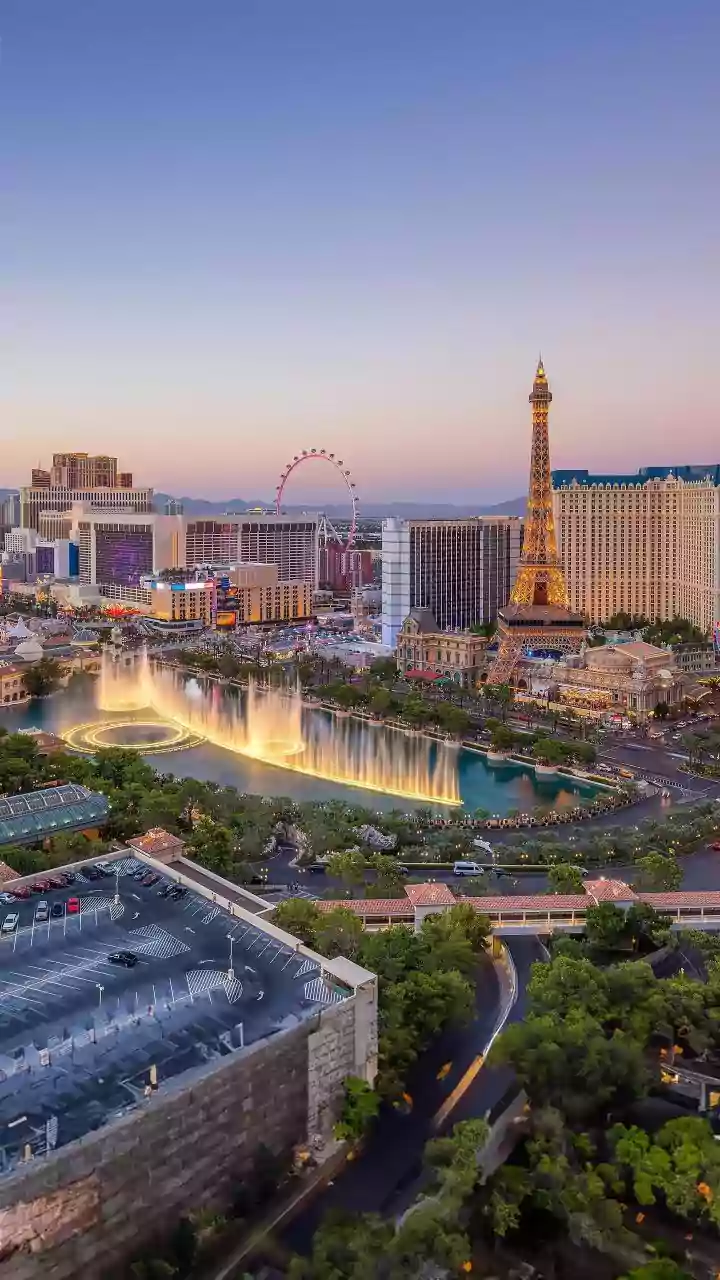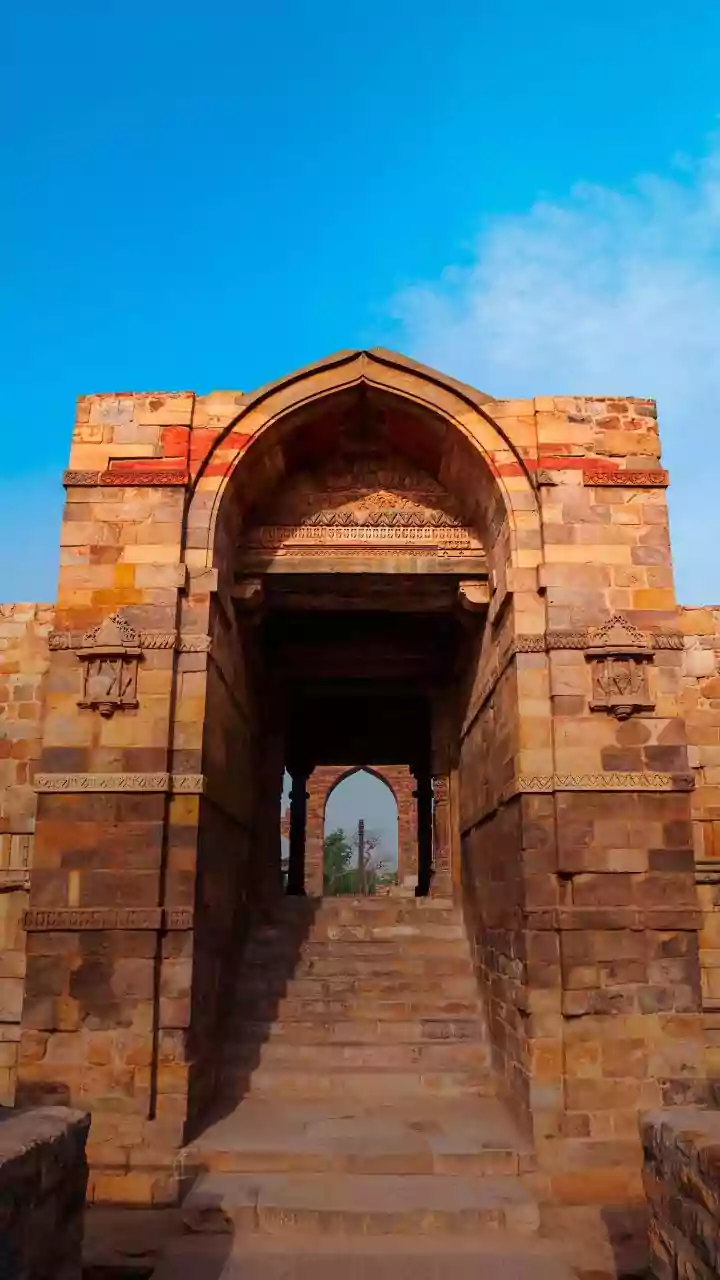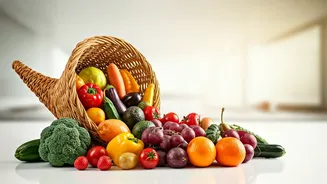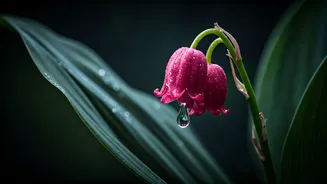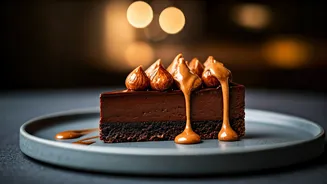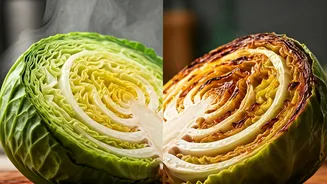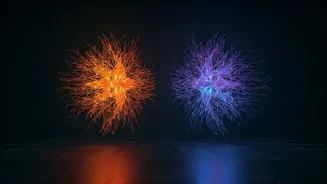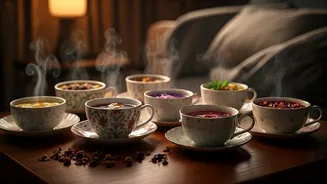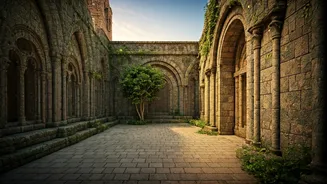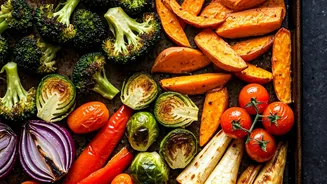Diwali's Cultural Significance
Diwali, also known as Deepavali, is a celebration that spans across various Indian cultures and religions. It's a symbolic triumph of light over darkness,
good over evil, and knowledge over ignorance. The festival commemorates the return of Lord Rama to Ayodhya after fourteen years of exile and his victory over Ravana. This victory is associated with the triumph of good over evil, a theme that is central to the spirit of Diwali. Furthermore, the lighting of diyas (oil lamps) and candles symbolizes the dispelling of darkness and ignorance, bringing in prosperity and good fortune. Diwali is a time for family reunions, where loved ones come together to celebrate. It is also a time for new beginnings, with people often starting new ventures or making fresh starts in their lives. It emphasizes the importance of knowledge and awareness, driving people towards the path of enlightenment and understanding. Diwali's cultural significance is deeply rooted in the values of family, community, and the unwavering pursuit of positivity.
Festive Preparations Galore
As Diwali nears, homes across India undergo a dramatic transformation, reflecting the anticipation and excitement of the festival. Cleaning is a must; houses are scrubbed and renovated to welcome the Goddess Lakshmi, the deity of wealth and prosperity. Families engage in the painting and decorating of their homes, using vibrant colors and traditional motifs like rangoli, which are colorful patterns made on the floors using colored powders or flower petals. Shops and markets become buzzing hubs as people rush to buy gifts, sweets, and new clothes. The atmosphere during the days leading up to Diwali is electric. Markets overflow with decorative lights, lanterns, and diyas (oil lamps), that will illuminate homes during the festival. Moreover, the shopping for Diwali extends beyond decorations and gifts; people also purchase new clothes, jewelry, and other items to mark the occasion. The festive spirit is truly infectious, permeating every aspect of life and creating a sense of joy and anticipation.
Delicious Culinary Delights
Diwali is synonymous with a delectable array of food. The preparation of sweets and savories is an integral part of the celebrations. Traditional dishes such as ladoos, barfis, gulab jamun, and various other sweets are prepared and shared among family and friends. Each region of India boasts its unique culinary traditions, adding to the diverse flavors of Diwali. For example, you might find different versions of sweets like rasgulla or jalebi being prepared. The aroma of freshly cooked food, spices, and sweets fill the air, making the festival even more appetizing. Preparing and sharing food becomes an act of community and togetherness during Diwali. Various families come together in the kitchen and make an enjoyable experience out of the food preparations. The festive meal often includes a wide variety of dishes, symbolizing abundance and prosperity, with something to cater to everyone's taste.
Illuminating Diwali Traditions
The lighting of lamps and candles is the hallmark of Diwali. Every home is lit up with diyas (oil lamps) and colorful lights. The lighting of these lamps symbolizes the victory of light over darkness. Fireworks are another important part of the celebrations. People burst firecrackers, adding to the festive atmosphere. However, it's important to celebrate responsibly by taking safety measures to protect both the environment and yourself. Different communities have their own unique traditions. In some places, people draw rangoli (colorful patterns) on the floors to welcome guests. In others, they exchange gifts, celebrate with their loved ones, and enjoy time together. The exchange of gifts, especially sweets and other delicacies, is also a crucial aspect of Diwali. These traditions represent the spirit of joy, togetherness, and the triumph of good over evil.
Diwali Destination Spotlight
Several cities in India are renowned for their grand Diwali celebrations, each offering unique experiences. Varanasi, with its ghats illuminated by countless lamps, presents a mesmerizing sight. Amritsar, with its Golden Temple, is another key destination during this time. In Jaipur, the markets sparkle with lights and decorations, while the forts and palaces are illuminated to create a beautiful spectacle. Mumbai offers a blend of traditional and modern festivities with its markets, fireworks, and parties. Each of these destinations offers unique cultural experiences. Visiting these cities during Diwali is a memorable experience. The vibrant environment, rich traditions, and warmth make Diwali a journey filled with joy, reflection, and celebration for travelers from across the globe.

